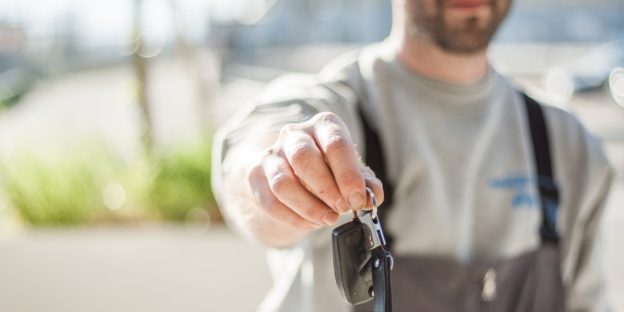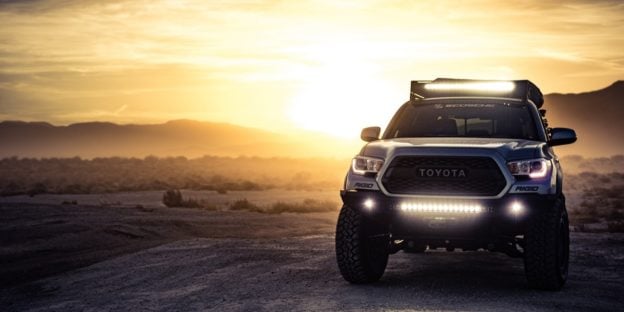When you purchase a used vehicle that is marked in “as-is” condition, it means you are agreeing to buy the car in its current condition. If there are repairs that need to be made, you will be responsible for them. Repossessed cars are typically sold in “as-is” condition. If you are considering a repo car, it’s important to understand this term in its entirety. Repos can be great purchases as long as you know what you’re getting into.
Let’s learn more about what “as-is” means and protective steps you can take.
What You Get with an As-Is Car Purchase
When buying a car “as-is,” you get the vehicle in the condition that it’s currently in. Usually, the seller will sell the car “as-is” with no warranty. This lets the buyer know they are buying the vehicle without any warranty coverage. So, if you are driving home and the transmission fails, the seller is under no obligation to take back the repo or make repairs.
Not having this peace of mind makes some people uncomfortable with a repo purchase, but “as-is” doesn’t mean that the vehicle is in poor condition. In fact, many repos are high-quality cars in great condition – their owners just couldn’t afford them anymore. As long as you have the vehicle checked out by a mechanic, don’t let “as-is” scare you away.
Buying an As-Is Repo Car
In order to buy an “as-is” repossession, you should take a few steps to protect yourself. It may be harder to get a history report on the vehicle, and it’s possible that the lender won’t know anything about it. Still, it doesn’t hurt to ask. Any information about the repo is helpful in knowing what work may be needed.
Before making an offer, ask the lender if you can see the vehicle. Reputable sellers encourage this. Bring along a mechanic who will inspect the vehicle to uncover unknown problems. If there are issues found, you can either pass on the repo or negotiate a lower price.
At the end of the day, being open to “as-is” vehicles is a great way to get a good car at a decent price. You just have to be willing to do your homework and bring along a trustworthy mechanic for an inspection. For a full list of lenders, banks and credit unions selling repossessions in your area, visit RepoFinder.com.






